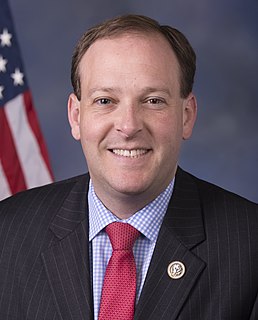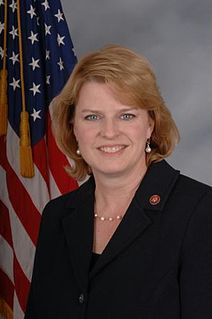A Quote by Tom Steyer
I think that my general feeling about the United States is that democracy works, and I've believed that my whole life, and my experience as a businessperson for 30 years was if you ignore the sound and fury, American democracy works if you give it enough time.
Related Quotes
I met many Russians over the years who were convinced my brothers and I were a cabal, pulling strings behind the scenes to shape American policy. The Soviets had no conception of how a pluralistic democracy works and believed elected officials, up to and including the president of the United States, were only figureheads acting out the roles dictated to them by the real "powers that be" - in this case, my family.
I think some people have blind faith in American institutions without knowing a whole lot about them and think they will stand up to Donald Trump and are indestructible. I actually think democracy is not a definable and achievable state. Any country is either becoming more democratic or less democratic. I think the United States hasn't tended to its journey toward democracy in a long time. It's been becoming less democratic, and right now it's in danger of becoming drastically less democratic.
But you have to understand, American democracy is not like the system you have. We're not an ocean liner that sails across the ocean from point A to point B at 30 knots. That's not American democracy. American democracy is kind of like a life raft that bobs around the ocean all the time. Your feet are always wet. Winds are always blowing. You're cold. You're wet. You're uncomfortable -- but you never sink.
I call government that works the best for people open society, which is basically just another more general term for a democracy that is - you call it maybe a liberal democracy. It's not only majority rule but also respect for minorities and minority opinions and the rule of law. So it's really a sort of institutional democracy.
I am a Mexican. The United States lived seventy-five years with the one party system in Mexico - the PRI - without batting an eyelid, never demanding democracy of Mexico. Democracy came because Mexicans fought for democracy and made a democracy out of our history, our possibilities, our perspectives. Democracy is not something that can be exported like Coca-Cola. It has to be bred from the inside, according to the culture, the conditions of each country.
Well, we are Americans. I've always believed that you work with where you are - I am a Mormon woman who was raised on the edge of the Great Salt Lake in the American West in the United States of America. But, by the same token, much of my life has been spent resisting traditional forms of democracy, resisting traditional forms of orthodoxy, be it the United States government or the Mormon Church.
Democracy, in the United States rhetoric refers to a system of governance in which elite elements based in the business community control the state by virtue of their dominance of the private society, while the population observes quietly. So understood, democracy is a system of elite decision and public ratification, as in the United States itself. Correspondingly, popular involvement in the formation of public policy is considered a serious threat. It is not a step towards democracy; rather it constitutes a 'crisis of democracy' that must be overcome.
It was Reagan who began the realignment of American politics, making the Republicans into internationalist Jeffersonians with his speech in London at the Palace of Westminster in 1982, which led to the creation of the National Endowment for Democracy and the emergence of democracy promotion as a central goal of United States foreign policy.
In the United States, the day when you pay your taxes is a day of mourning because this alien force - the government - is coming to rob you of your hard-earned money. That's the general attitude, and it's a tremendous victory for the opponents of democracy, and, of course, any privileged sector is going to hate democracy. You can see it in the healthcare debate.

































